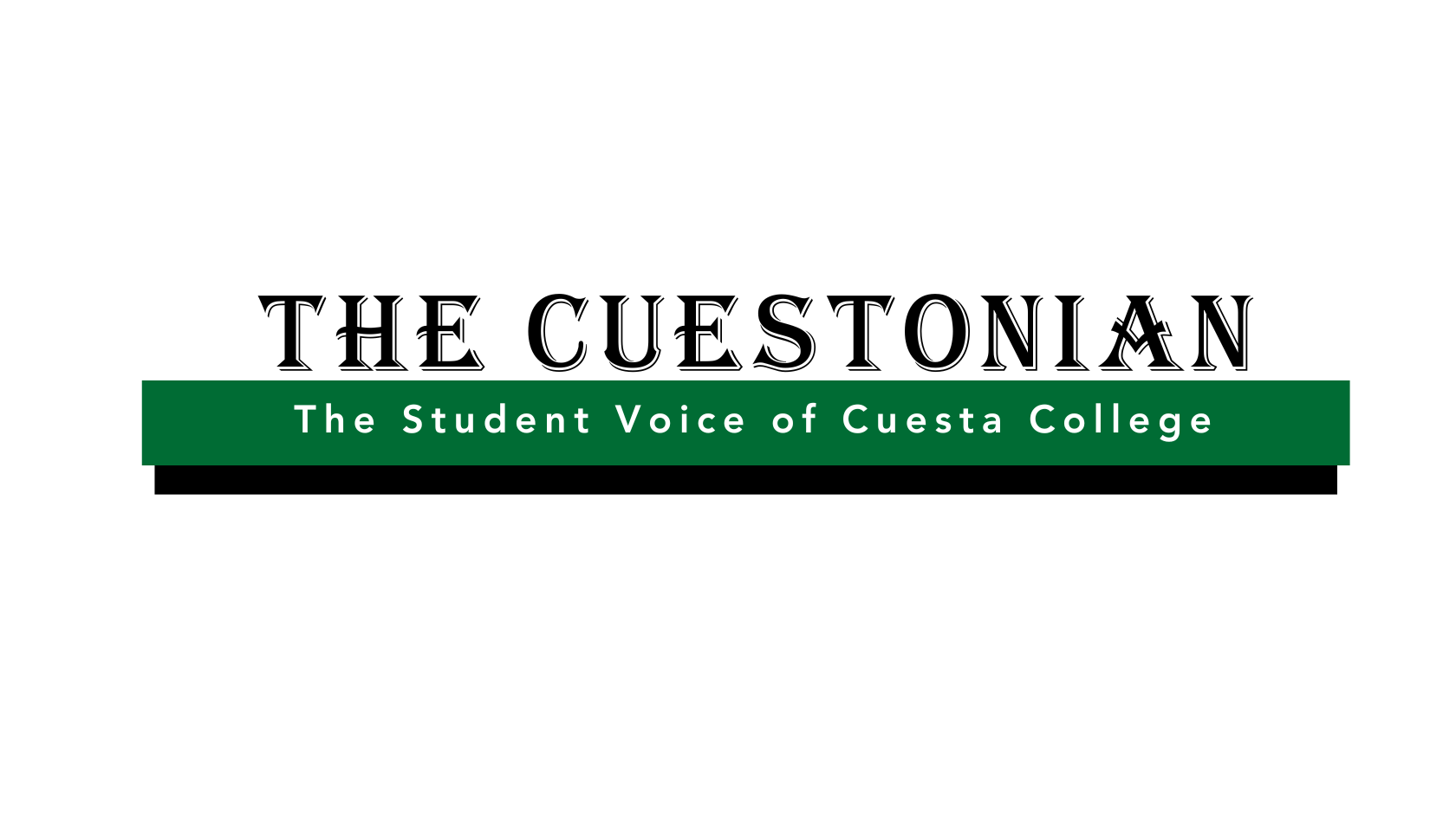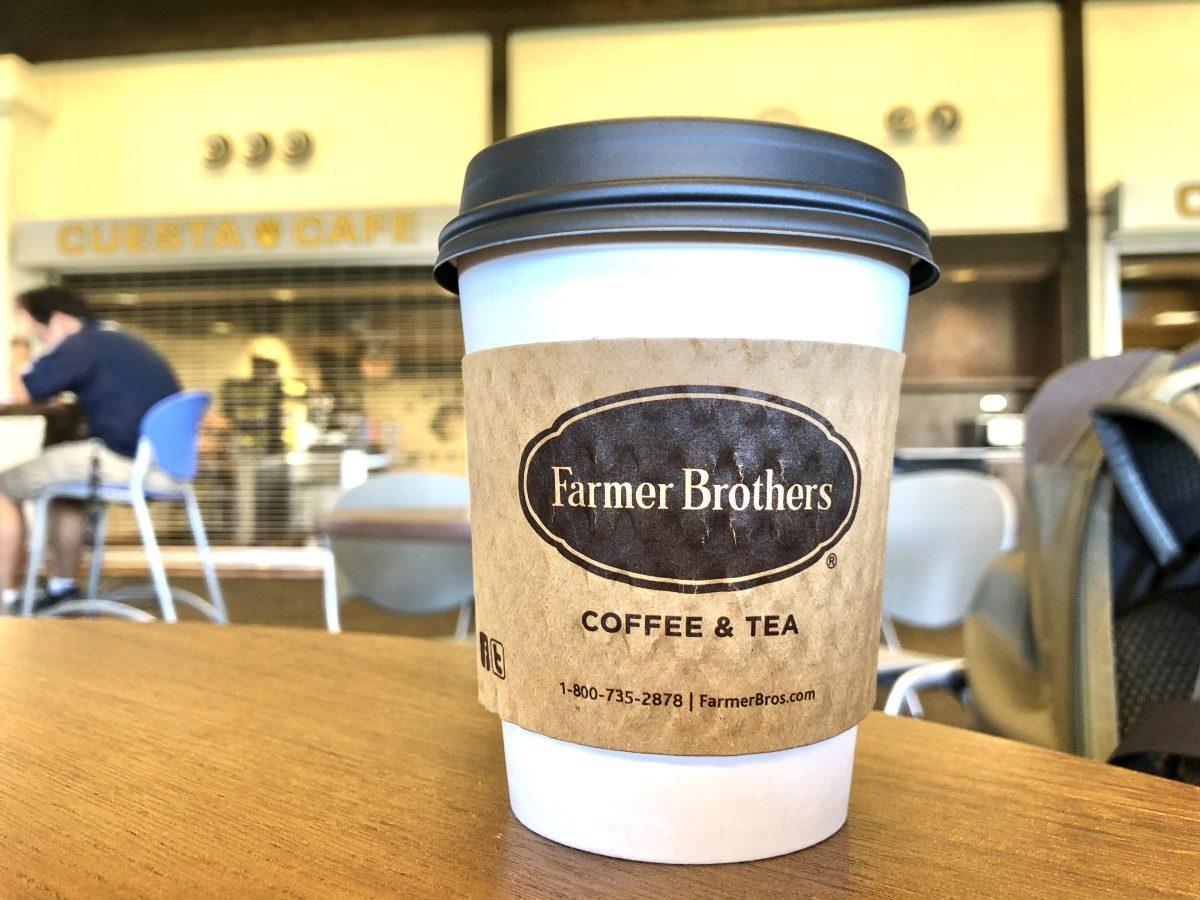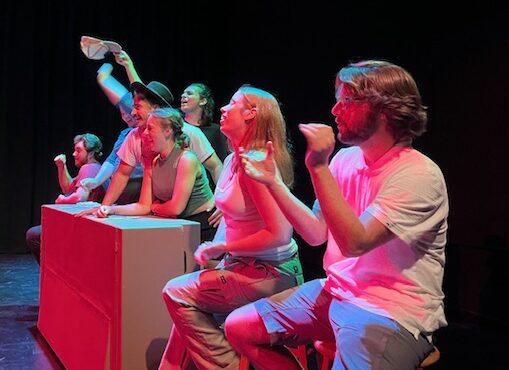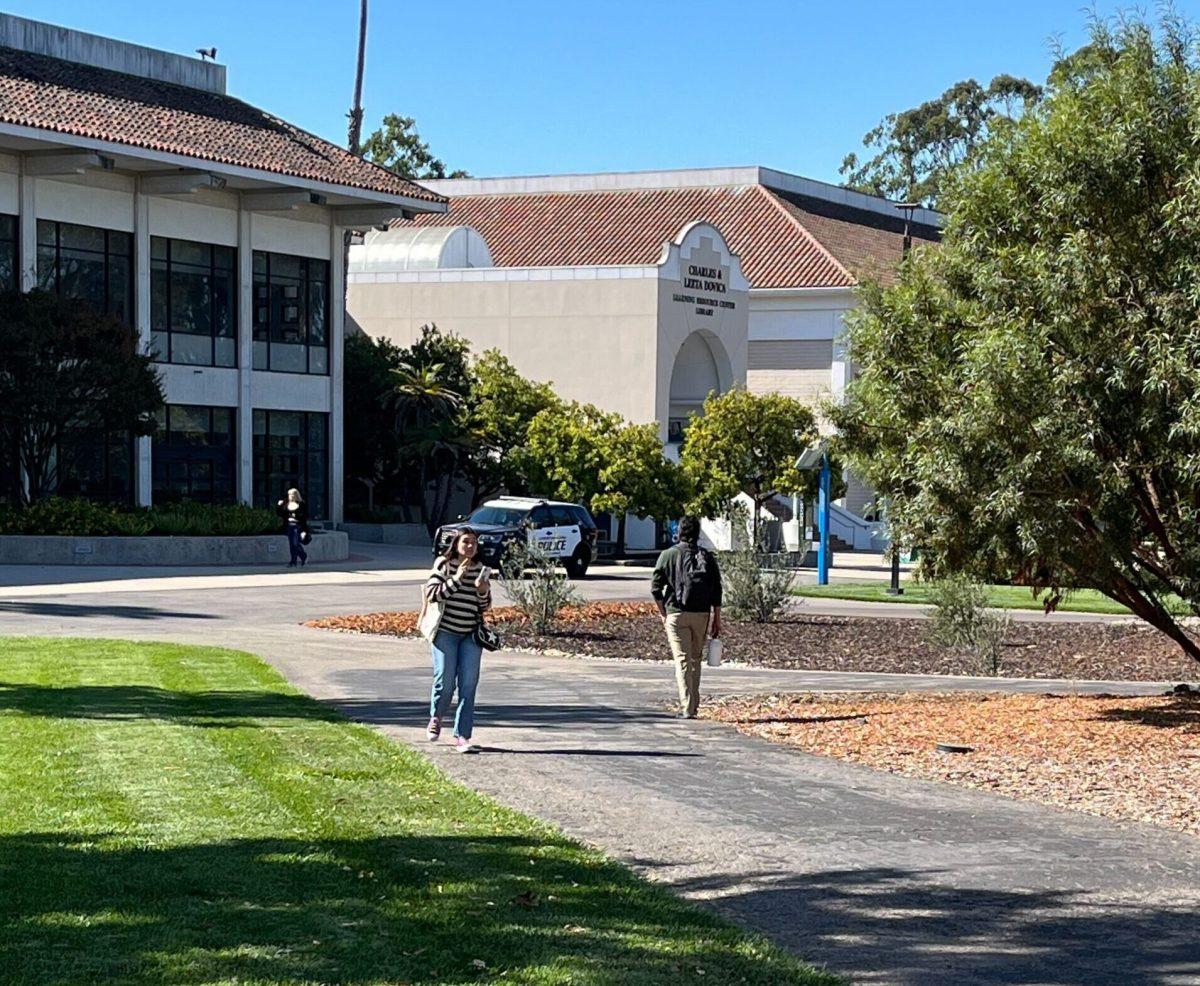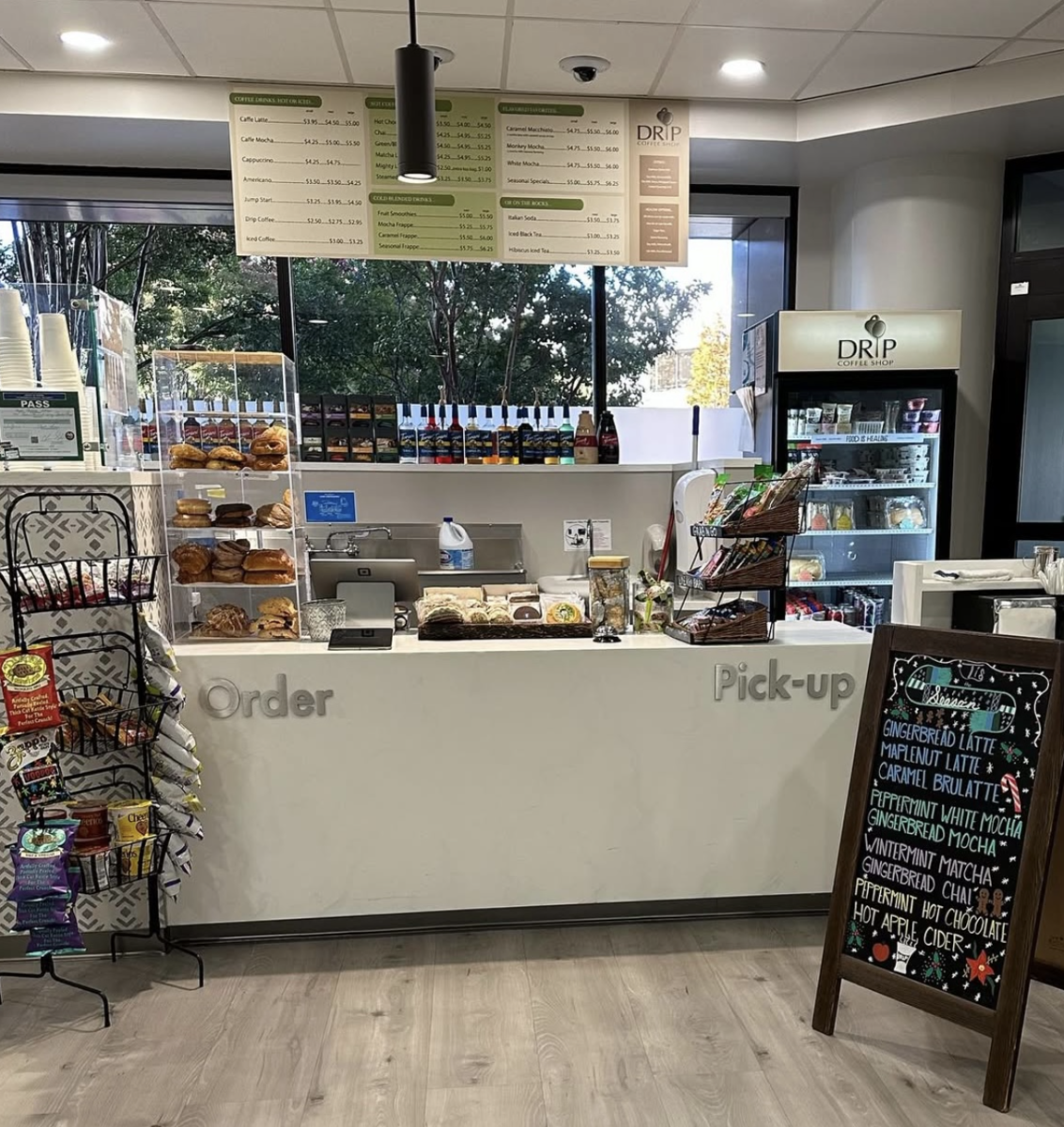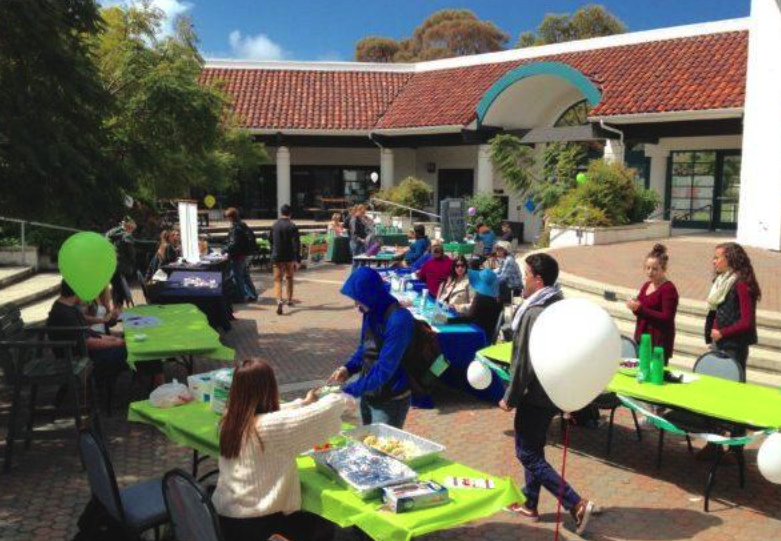On average, 1 in 3 adults don’t get adequate sleep.
When the group is narrowed to college students, the numbers almost double.
The sleep crisis is so widespread, the CDC considers it a public health epidemic. Â
One of the ways Americans get back on their feet after a terrible night’s sleep is caffeine. Roughly 64 percent of Americans drink coffee daily. In addition to coffee, there are several other caffeinated drinks available, including teas, sodas, and energy drinks. Â
Though it provides energy, it isn’t a go-to replacement for sleep. Sleep benefits include a sharper brain, a healthier heart, and a mood boost just to name a few.
Caffeine does have some health benefits, including boosts in alertness and athleticism. In larger quantities, however, it has a large number of risks, including depression, blood sugar, pregnancy/fertility risks, insomnia, and headaches.
What is the balance and where do drinks fall?
The maximum threshold for caffeine consumption is about 400 mg. Consuming anything over this number is extremely dangerous and can lead to caffeine overdose. In 2018, 92 deaths were reported from this.
A moderate consumption level of caffeine is about 250 milligrams a day. This amount will provide plenty of energy for healthy adults, without the risk of serious side effects.
An eight ounce cup of home-brewed coffee contains about 100 mg. An energy drink can contain roughly 160 mg per can. A five hour energy shot contains about 200 mg.Â
How does caffeine relate to sleep?
In small quantities, caffeine can boost performance for a period of time. For extended amounts of time, a small nap will have a much longer impact on energy. Taking a small nap does not create a large boost like coffee, but the energy provided lasts much longer.
Sleep is necessary for restoring the body. It can heal the brain in ways caffeine cannot. Once the battle of rest is accomplished, caffeine (in healthy quantities) can provide a further boost to get through long periods of hard work.

